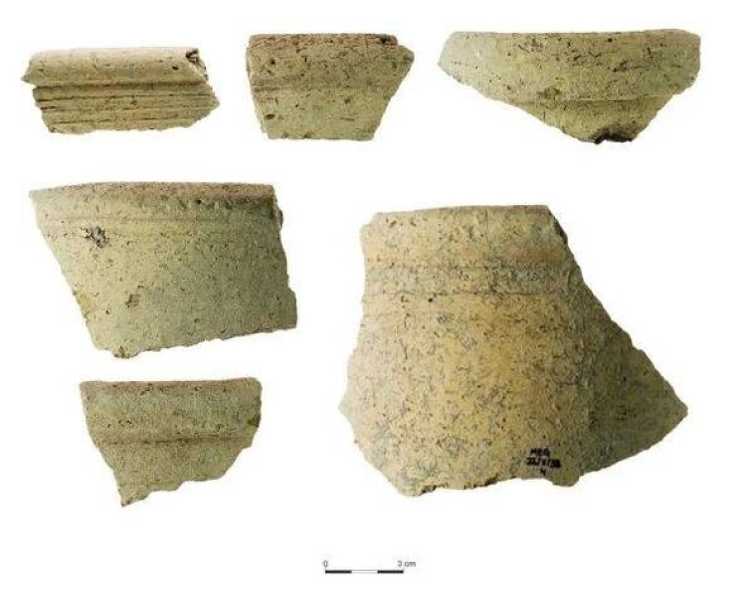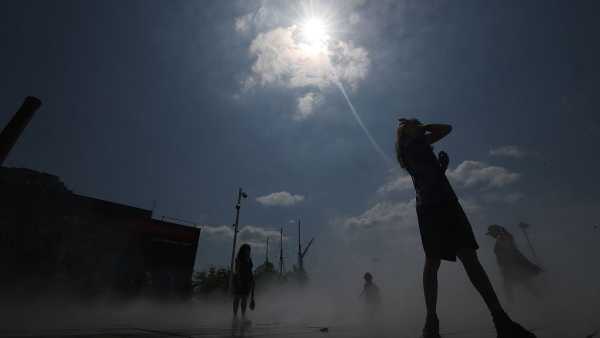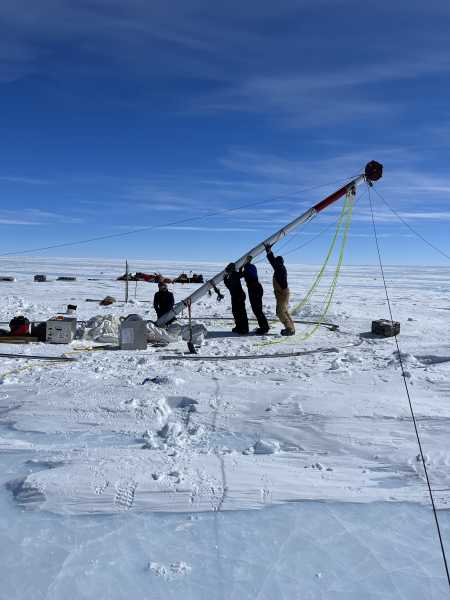The Bible describes the decisive battle between the Judean king Josiah and the Egyptian pharaoh Necho II. Share this article Share this article Facebook X LinkedIn Reddit Bluesky Email Copy link Link copied Bookmark this Comment

The word “Armageddon” has become a symbol of the final battle between good and evil and is often associated with the end of the world.
Its popularity increased significantly after the release of the 1998 film starring Bruce Willis, which tells the story of an asteroid that catastrophically hits Earth.
Article continues below ADVERTISEMENT
In historical context, there has been much controversy regarding the epic battle involving King Josiah, a descendant of Jesus, who is reported to have fallen in battle with the forces of Pharaoh Necho II at Megiddo.
Although biblical texts mention the battle, scholars have so far been unable to provide concrete evidence, but they claim to have found irrefutable evidence of the ancient conflict.
A recent study published in the Scandinavian Journal of the Old Testament contains findings that the ancient Egyptians were indeed at Tel Megiddo, in northern Israel, Mirror US reports.

Archaeologist Dr Assaf Kleiman, one of the study's authors, said: “We found a large quantity of crude and straw-fired pottery imported from Egypt, as well as several vessels of Eastern Greek origin.”
Dr. Kleiman, along with his colleague Dr. Israel Finkelstein of Haifa and Tel Aviv Universities, suggest that these Greek pots indicate the presence of mercenaries from the region in the ranks of the Egyptian army.
Archaeologist Israel Finkelstein has noticed a surprising connection between the recent finds and ancient texts, suggesting that the discovery of an Egyptian garrison at Megiddo may be linked to the biblical account of the death of King Josiah. “This scenario may be linked to the biblical account of the death of King Josiah of Judah at the hands of Pharaoh Necho at Megiddo in 609 BCE,” Finkelstein said.
“The Bible describes Josiah's death at Megiddo in two places.”
He also elaborated on the historical context: “In the Book of Kings he is killed by Necho during the battle at Megiddo, and in the Book of Chronicles in a battle with the Egyptians. In this light, new information about an Egyptian garrison, possibly consisting of Greek mercenaries, at Megiddo in the late seventh century BCE may shed light on the background of this event.”
The Lad Bible mentions that the term “Armageddon” is found in the Book of Revelation, specifically in the verse: “And they (the demons) gathered the kings and armies of the world together in a place which in Hebrew is called Har-Magedon (Armageddon).”
SUBSCRIBE Invalid email address
We use your registration to deliver content in ways you have consented to and to improve our understanding of you. This may include advertising from us and third parties based on our understanding. You can unsubscribe at any time. See our Privacy Policy.
It is noted that early translations of the Greek Bible mention “Har-Magedon,” which refers to the place where King Josiah is believed to have fallen. His tragic end is also described in the earlier Book of Kings, and over time, Armageddon has become a symbol of catastrophic conflicts, echoing in modern language.
The clash and subsequent death of King Josiah were significant events of the time and may explain why Tel Megiddo is surrounded by such apocalyptic fame.
Finkelstein told LiveScience that Josiah was considered a righteous leader, and the concept of Armageddon only emerged after his death. He believes that this idea logically evolved into the belief in a final battle between good and evil that would result from the king being killed by the Egyptians.
Sourse: www.express.co.uk





